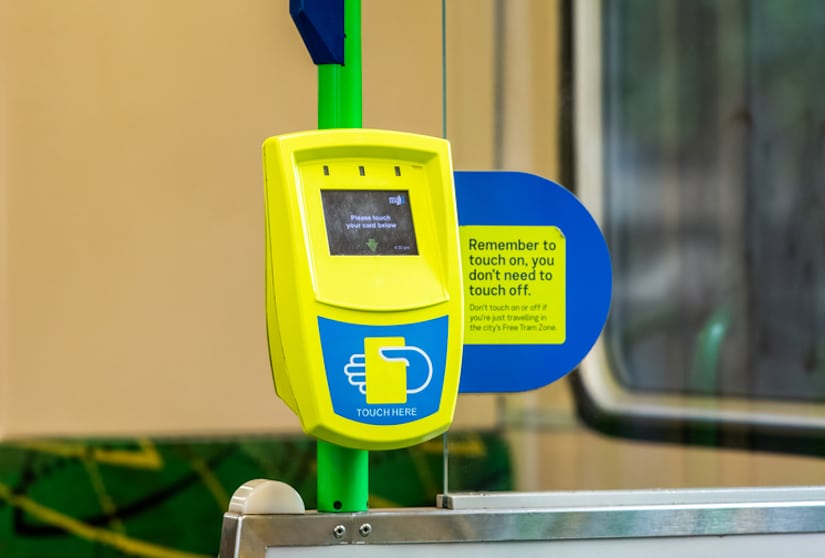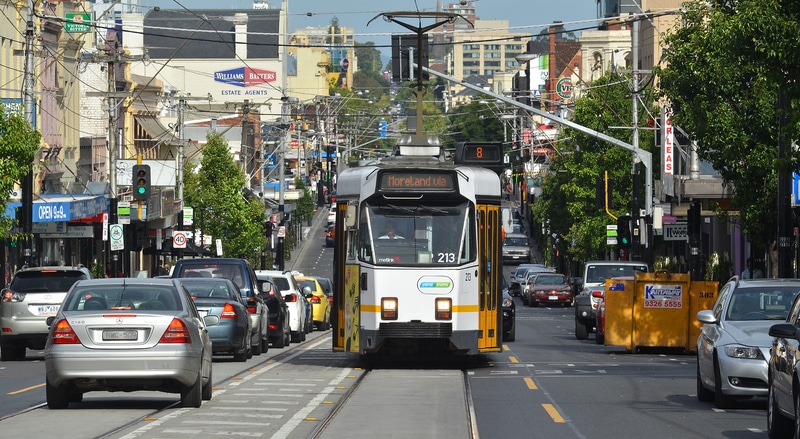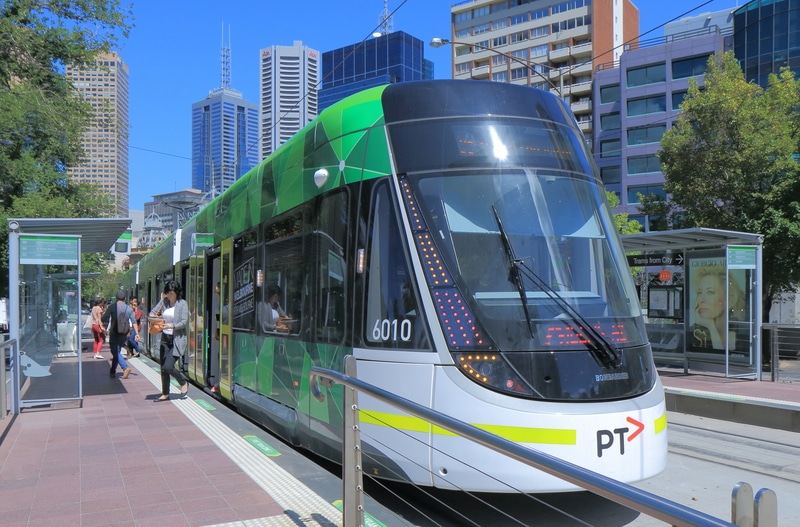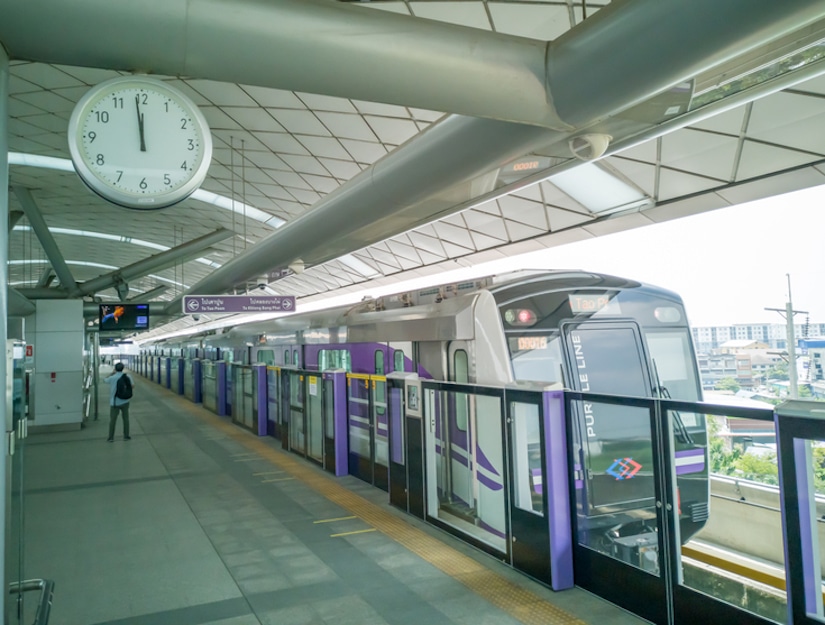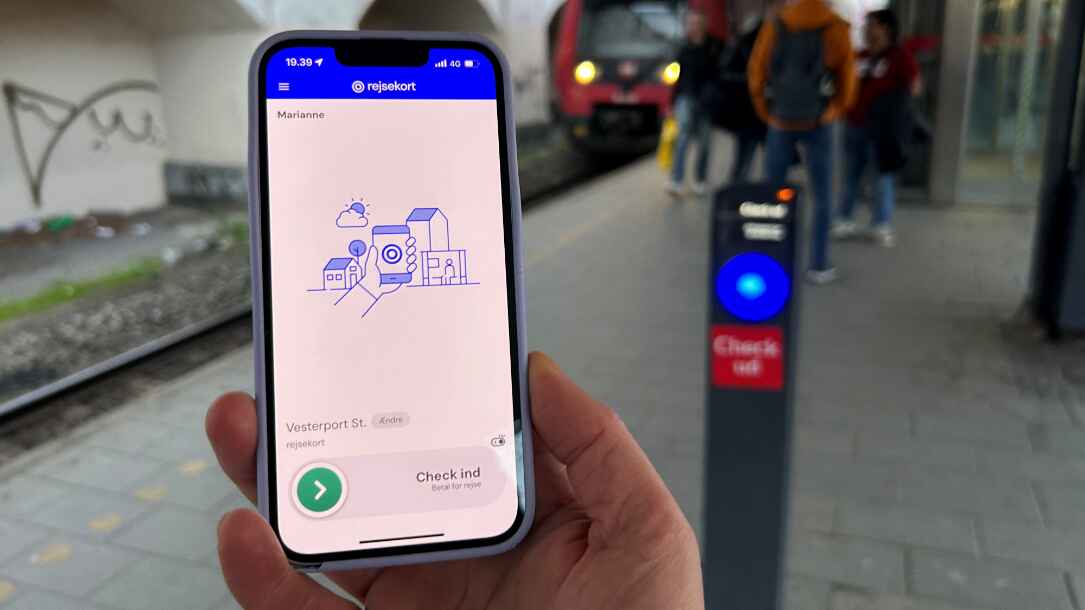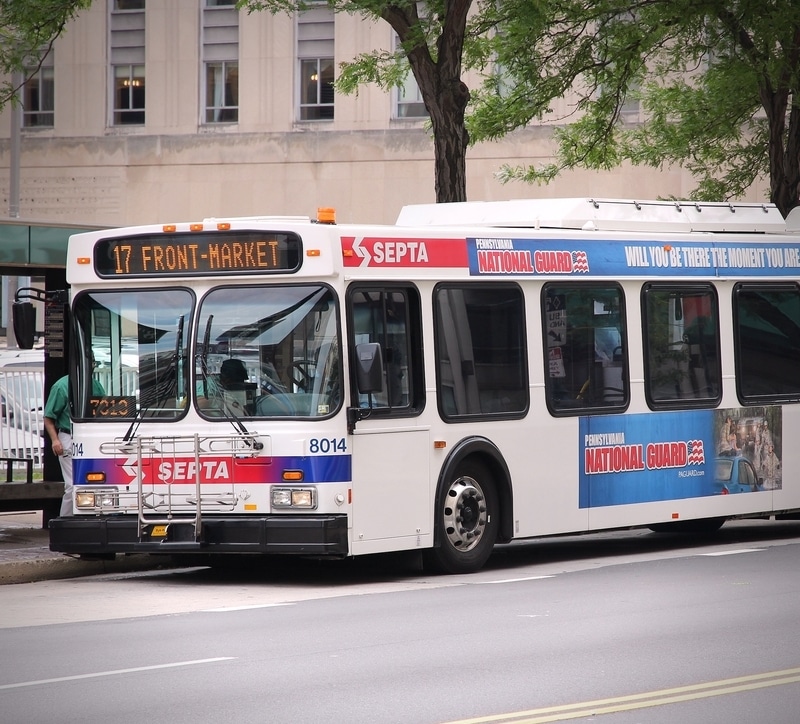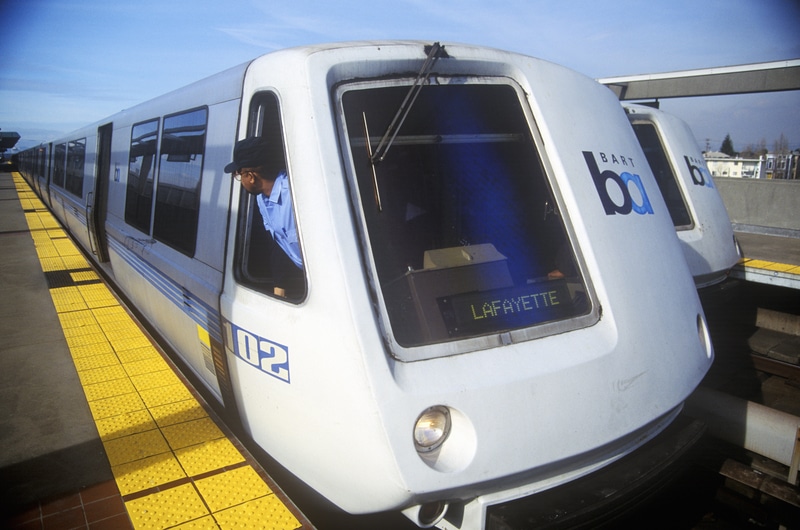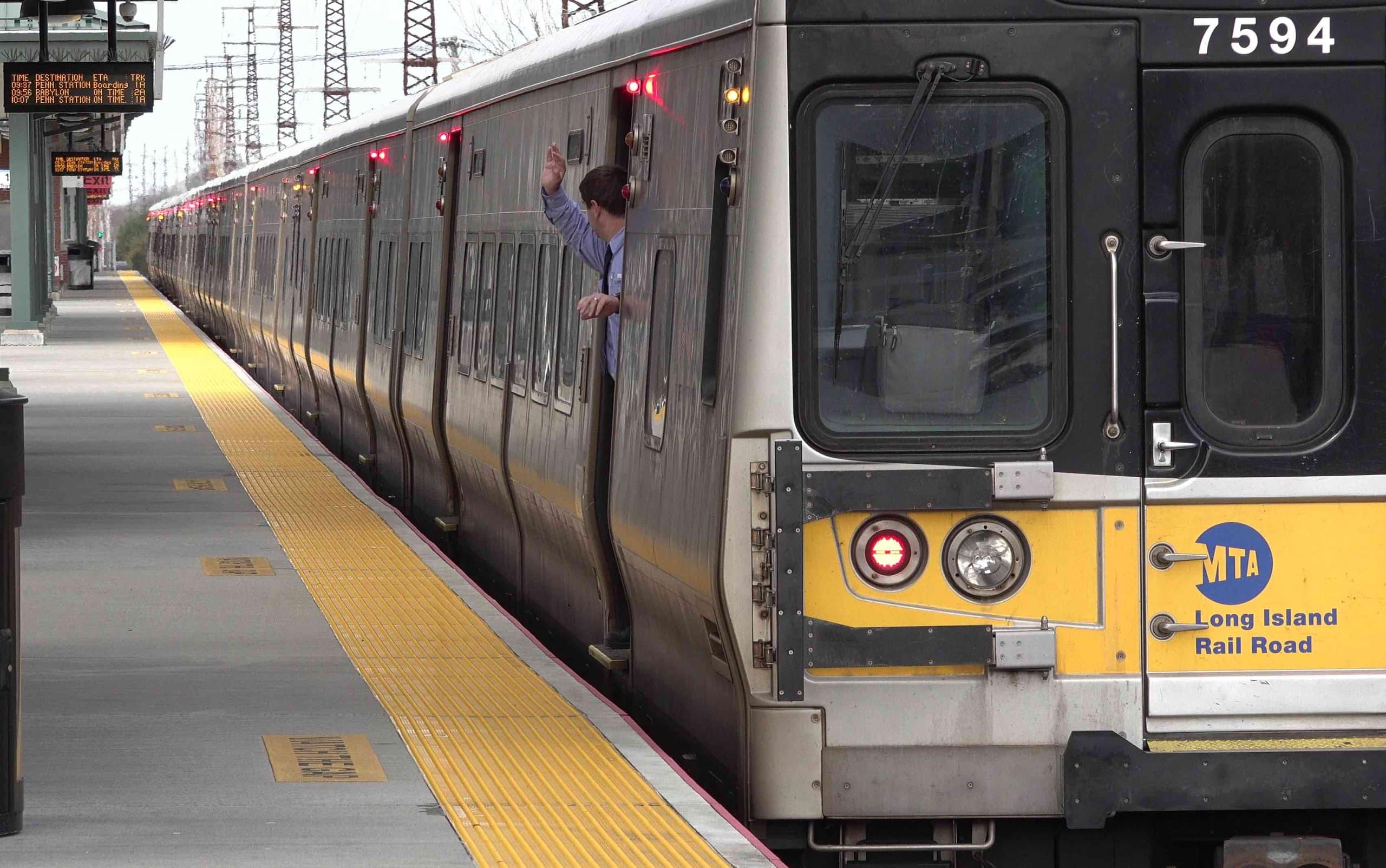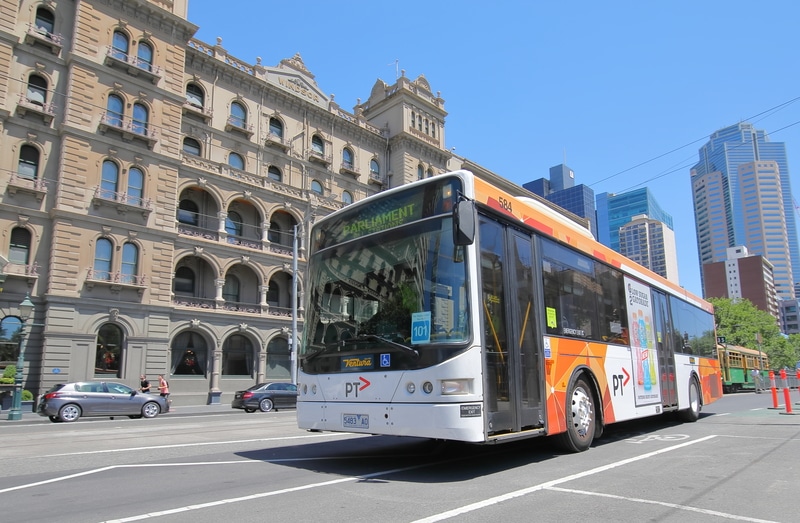
Article Highlights
U.S.-based Cubic Corp. sent a letter of complaint to the premier of the Australian state of Victoria in Melbourne, contending that a flawed procurement process led to the selection of rival vendor Conduent for a 15-year, AU$1.7 billion (US$1.1 billion), contract for a new fare system, according to published reports today.
The Cubic executives also contended that Cubic’s bid was AU$100 million lower than the contract price the state government agreed to with Conduent of AU$1.7 billion (US$1.1 billion) over 15 years.
U.S.-based Cubic Corp. sent a letter of complaint to the premier of the Australian state of Victoria in Melbourne, contending that a flawed procurement process led to the selection of rival vendor Conduent for a 15-year, AU$1.7 billion (US$1.1 billion), contract for a new fare system, according to published reports today.







